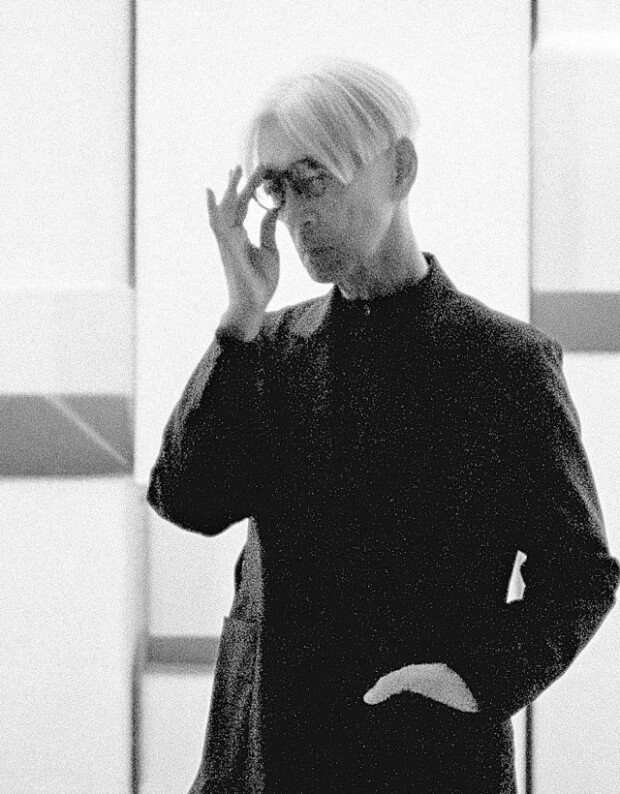Ryuichi Sakamoto releases album amid battle with cancer
Ryuichi Sakamoto releases album amid battle with cancer
Posted January. 25, 2023 07:51,
Updated January. 25, 2023 07:51

Japanese composer Ryuichi Sakamoto (age 71) released his new original album titled "12" after he wrote during his ongoing battle with cancer. His music creates meditational time and space by mixing piano tunes, electronic sounds, and sounds of the surroundings. A musician flows effortlessly on the piano keys as you can hear him softly breathing in and out along the tune.
The artist introduced his new album as his “sound of now intentionally delivered in the form of the raw and untouched as is.” He was diagnosed with pharyngeal cancer in 2014 and confessed in January 2021 that he was battling another cancer in the rectum. He filled his album with work that he had composed since 2021. Each track is titled by the date it was made.
All in all, you can feel the composer's unique comfort throughout the album. You can hear the musician breathing, some rustling sound by the collar, and a sizzling sound in the background, among other sounds coming from the surroundings naturally mingling together. Korean lyricist Park Chang-hak said that Sakamoto seems to be delving further into the pure sounds and inner consciousness and that longtime fans of his would feel familiar with his new album while the pop music industry may feel foreign. Park added that such uniqueness and depth make him one of a kind.
Tracks are full of hardcore intensity and details. Korean music critic Lee Dae-hwa said that his music feels warm yet somewhat dark and sad and reminds listeners of the inside of a cabin on the mountains at a chilling winter night, which can be both cozy and melancholic. Lee noted that the world-class master beautifully expressed details of the sound by offering sounds that seem empty at first but are filled with warmth and a spatial experience as if you were looking at the horizon.
Sakamoto’s new tracks contain far fewer melodies compared to his previous work. The piano tunes are unpredictable and difficult. Another Korean music critic Hwang Seon-eop said there were familiar and clear tunes in his previous album "Async" (2017), but it did not feel like listening to some "regular" music this time around. Hwang continued that the music pieces of the new album contain things like the sound of raindrops, which is more like a sound from daily life than music, and that makes it pointless to evaluate his music according to common standards such as how skillful the play was or how perfect the music was in the overall structure. Hwang pointed out that the current album fits the purpose of reaffirming the meaning of the path Sakamoto has taken so far.
The "12" might likely be the Japanese composer's last album. Hwang said the new release might have demonstrated the musician’s ideals most freely by focusing on the basic and unintended sounds. Hwang added that Sakamoto might be trying to prove and assert to everybody through his new work that all sounds can be music and that untouched sounds can be most liberating to listeners.
beborn@donga.com







